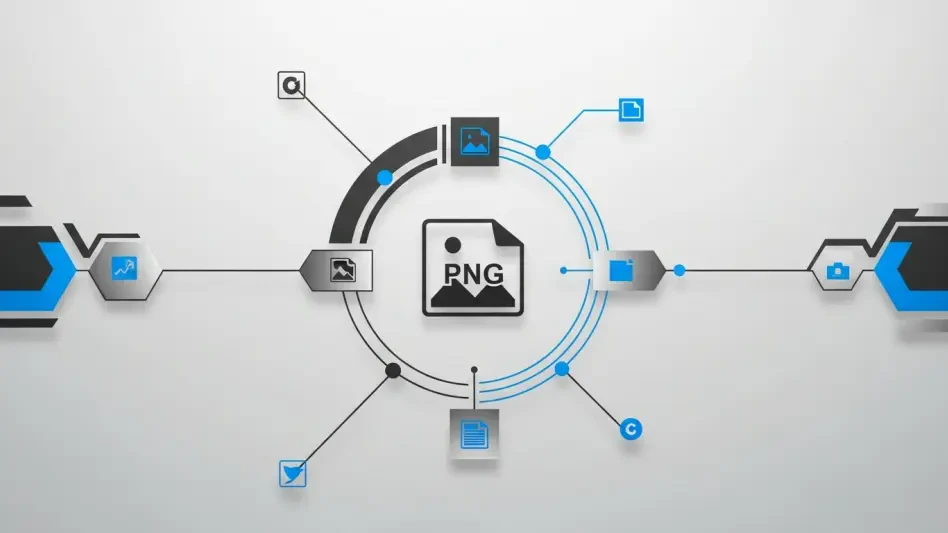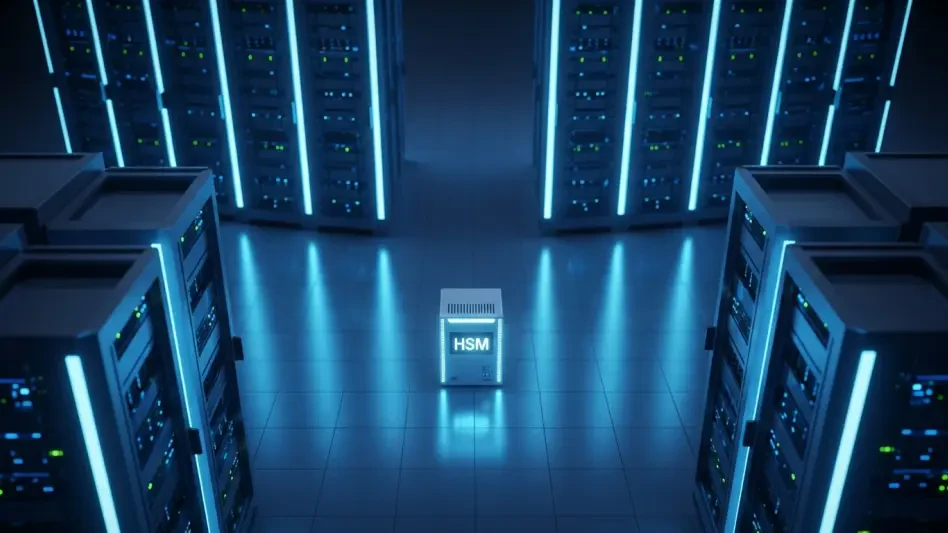In the ever-evolving landscape of digital transactions, the mortgage industry finds itself at a crossroads, grappling with the growing challenge of online fraud. Fraudsters have become increasingly adept at exploiting technological vulnerabilities, intensifying concerns surrounding data protection for both consumers and mortgage advisers who navigate this digital ecosystem. Recent reports reveal that a staggering 73% of businesses have encountered a surge in online fraud, impacting not only their operational integrity but also their revenue streams. In this climate, the threat of mortgage fraud looms large, with fraud attempts infiltrating over a quarter of ID verification processes across businesses. This alarming trend necessitates a renewed focus and strategic approach to safeguarding the digital mortgage landscape.
The Evolving Threat of Mortgage Fraud
Mortgage fraud continues to present itself as an insidious threat within the industry, evidenced by the limited number of enforcement investigations initiated by the Financial Conduct Authority (FCA). This may indicate either a decrease in reported cases or a failure to detect fraud due to both pandemic disruptions and more sophisticated protection measures. Nevertheless, it is crucial to acknowledge that mortgage fraud attempts persist, often adapting and evolving in response to technological advancements. The resilience and ingenuity of fraudsters ensure that they remain a persistent challenge for financial institutions and consumers alike. Therefore, it becomes imperative to understand and respond to this hidden adversary, whether it is deeply entrenched or covertly operating.
Technological advancements offer a double-edged sword in this fight. While they provide fraudsters with novel illicit opportunities, they simultaneously equip legitimate businesses with innovative tools to combat these threats effectively. Companies in the mortgage sector have started to deploy advanced technologies such as facial recognition, biometric ID verification, and artificial intelligence to bolster their defenses. Integrating these technological solutions within customer relationship management (CRM) systems not only allows for quicker risk identification and more efficient application processing but also enhances overall security. Employing AI-driven technologies helps in identifying fraudulent documents and analyzing irregularities rapidly, providing an enhanced layer of protection. This increased operational efficiency is crucial in minimizing errors typically associated with fraudulent activities, including impersonation and document forgery.
Harnessing Technology for Prevention
Advanced technological solutions are proving invaluable assets in the fight against rising fraud threats within the digital mortgage sector. AI-driven tools, particularly those incorporated within CRM systems, are revolutionizing the way businesses address and prevent fraud. By offering real-time analysis and anomaly detection, these systems arm companies with the ability to swiftly address potential threats, thereby safeguarding data integrity and enhancing security measures. Moreover, advanced biometric ID verification capabilities provide an additional verification layer, further complicating fraudsters’ attempts to subvert systems. As a result, mortgage advisers can process applications more securely and efficiently, maintaining both business integrity and customer trust.
Flexible payment systems also emerge as critical components in ensuring secure transactions within the mortgage sector. By featuring real-time reporting and robust encryption, these systems effectively mitigate the risks associated with financial transactions, thereby guarding against fraudulent activities. The assurance of data protection and unwavering compliance with regulatory standards is paramount, given the escalating risks associated with fraud. These technological capabilities extend beyond mere protective measures; they foster operational resilience and unlock the capacity for expanded business operations. The synergy between robust CRM systems and flexible payment solutions ensures an environment where businesses can thrive without compromising security.
Future Pathways and Strategic Adaptation
Mortgage fraud remains a significant issue within the industry, as evidenced by the limited enforcement investigations by the Financial Conduct Authority (FCA). This situation may indicate a reduction in reported cases or possibly a failure to identify fraud due to the disruptions caused by the pandemic, coupled with more advanced protective measures. Regardless, it’s vital to recognize that attempts at mortgage fraud persist, often adapting to new technological trends. The resilience and creativity of fraudsters make them a continual challenge for financial institutions and consumers alike. Therefore, understanding and combating this concealed threat, whether established or operating in the shadows, is essential.
Technology plays a dual role in this struggle. While it gives fraudsters new means to carry out illicit activities, it also arms legitimate businesses with advanced tools to fight back effectively. Companies in the mortgage industry have begun using technologies like facial recognition, biometric ID verification, and artificial intelligence to strengthen their defenses. By integrating these into customer relationship management systems, they achieve faster risk detection and application processing, enhancing security and reducing errors from fraudulent activities like impersonation and document forgery.








